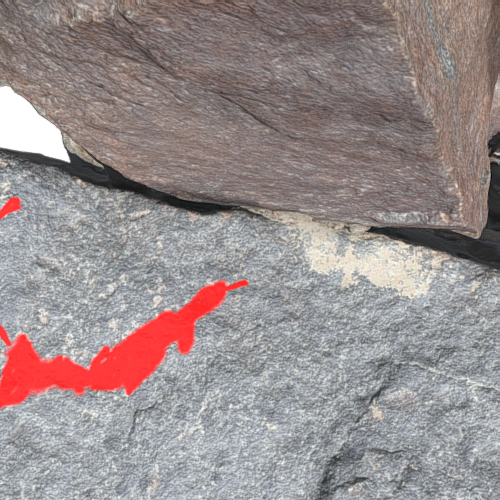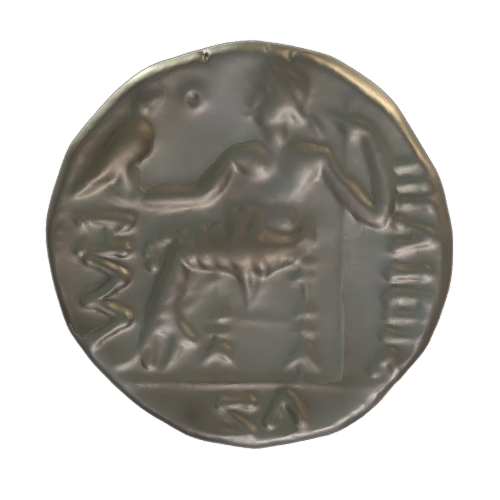Glass was an important export product of the Mediterranean Roman world from the middle of the first century BC onwards. Large quantities reached the Oman peninsula and “pillar moulded” drinking bowls such as these were hugely popular in the 1st and 2nd century CE. These specimens were discovered in a communal tomb at Dibba al-Hisn (Sharjah Emirate) on the East coast of the Oman peninsula, together with glass unguentaria, Indian ivory combs, a Roman intaglio– luxury products that illustrate the importance of Dibba as a trading port (Jasim 2006).
Sabah A. Jasim. 2006. Trade centres and commercial routes in the Arabian Gulf: Post-Hellenistic discoveries at Dibba, Sharjah, United Arab Emirates. *Arabian Archaeology and Epigraphy* 2006: 17: 214–237.
538 photos. Completely processed (aligned, scaled, modeled, cleaned, simplified, unwrapped, textured, meshed) in Reality Capture.
GDH thanks Dr. Bruno Overlaet for this description.




